X
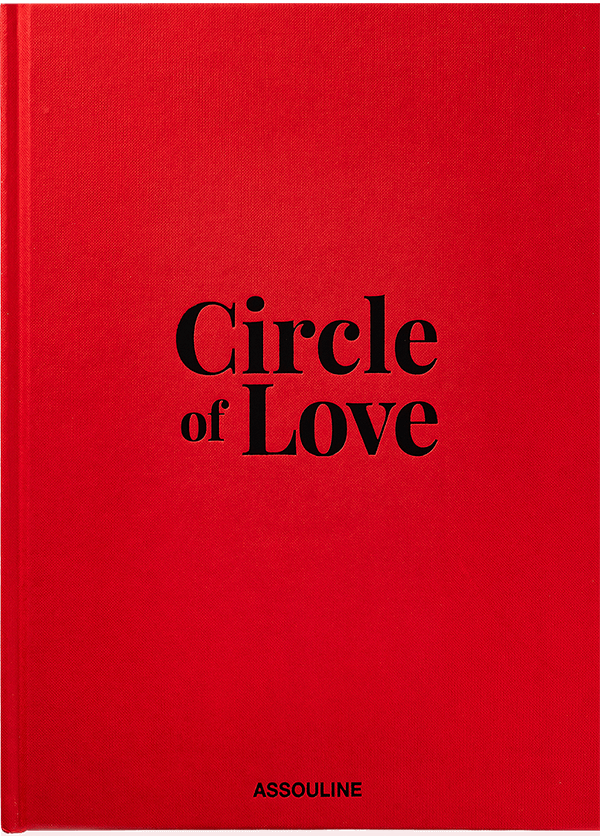
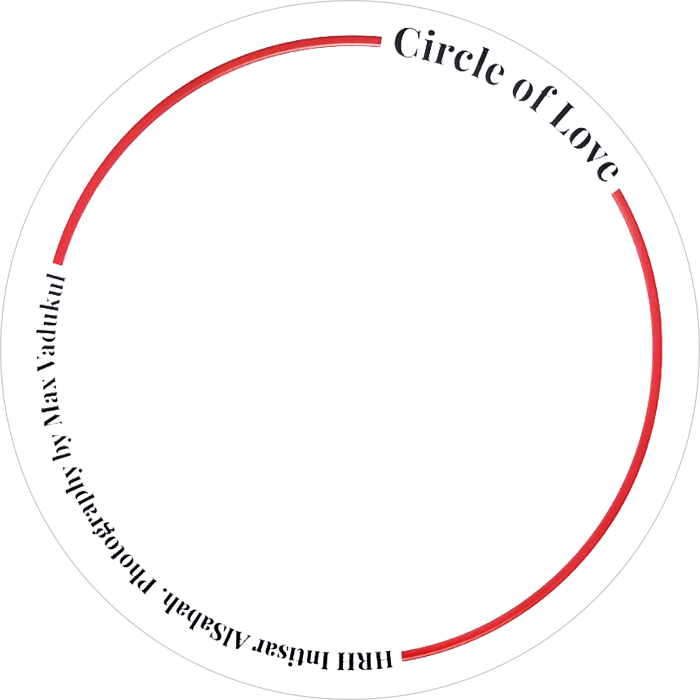
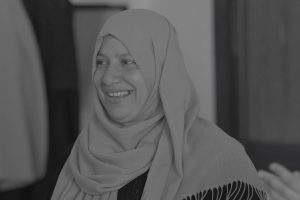
“Go out, go to [social] centers and ask if they have programmes or activities that can help you improve in any way. Working on yourself is something essential, and you have to take the first step. Do not be ashamed or embarrassed, we all need a push.”
Samia is a Palestinian, a married mother of three, who lives in Shatila refugee camp. She was born and raised in Naher el Bared camp in Tripoli, north of Lebanon, before moving to Shatila camp after she got married.
Samia worked in retail stores for many years, from a clothing shop, to a shoe shop, and then in a shop that sold electronic devices. She later became a caretaker and a meal preparation chef in a kindergarten before moving on to become a private chef for a family living in Beirut.
Despite the many difficulties of living as a refugee woman in Lebanon, Samia was always hopeful and hardworking, refusing to allow the difficulties of life to stop her from trying to achieve a better life for her and her children. She suffered due to the resettlement, armed conflict, poverty, and the lack of opportunities for her and her family.
However, none of these things affected her like the sickness and eventual death of her mother. Samia’s elderly mother developed Alzheimer’s disease and was incapacitated for many months during which Samia was her primary caretaker. “I would have to leave the house sometimes to pick up groceries or adult diapers, and I would be afraid that she would wake up and not find me at home,” Samia says. “Sometimes, I would come back and find her crying and calling for me. I would feel guilty, wondering what I could possibly do. My husband would be at work, my children in school, and I had no one to help me”.
She adds, “After my mother passed, I remember going back home after the funeral and seeing her empty bed, and that was when it hit me. I grieved for over one year, crying and hearing her voice calling out for me.”
“I had been feeling depressed and hopeless for some months, and I decided that I needed to get out of the house more often. In a refugee camp, there is really nothing to do, we do not have places to go out, or go for a walk, or simply see people. Life is a boring routine that robs your soul of any joy.”
A year after losing her mother, Samia heard about the Intisar Foundation drama therapy programme from a neighbour. “I had been feeling depressed and hopeless for some months, and I decided that I needed to get out of the house more often,” she says. “In a refugee camp, there is really nothing to do, we do not have places to go out, or go for a walk, or simply see people. Life is a boring routine that robs your soul of any joy.”
Samia joined the drama therapy programme held by Intisar Foundation in July 2021 at the National Institution of Social Care and Vocational Training center in the Shatila refugee camp. At first, she says, her experience with the programme helped her deal with the emptiness caused by her mother’s death. She was able to find something to help her get her mind off the grief. However, as the programme progressed, Samia started to feel a sense of self-empowerment and inner-Peace. She had always been self-critical of her looks and place in society. “I hated my tanned skin, I hated my body shape, I hated the darkness under my eyes. I thought if I fixed these things, I would love myself more and be happier. However, by doing the drama therapy programme, I realised that all the difficulties in my life, being a refugee, a mother, an employee, a caretaker, and all these roles had blinded me to myself. I was not taking care of myself simply because I never loved myself enough to stop and think about it.”
Little by little, with support from the facilitator and the participants in the programme, Samia started to realise her needs as a person, beyond the roles she had had to fulfill and the difficulties she had had to overcome. “I started to look at myself in the mirror and think, ‘I am beautiful, my tanned skin is beautiful’, and this was the first time in my life that I did not treat myself or speak to myself negatively. I deserve to love myself, why should I or any woman be so negative to herself?”
Samia now wakes up in the morning and smiles at herself in the mirror, she is working on removing all the negativity and injecting more positivity into her life. Despite all the pain and difficulties, she now believes in the importance of finding inner-Peace, happiness, and positivity, no matter what is happening.
Her advice to women who have lived through experiences similar to hers is to realise and acknowledge the need for support. “Go out, go to [social] centers and ask if they have programmes or activities that can help you improve in any way. Working on yourself is something essential, and you have to take the first step. Do not be ashamed or embarrassed, we all need a push.”
“I hated my tanned skin, I hated my body shape, I hated the darkness under my eyes. I thought if I fixed these things, I would love myself more and be happier.”
“I started to look at myself in the mirror and think, ‘I am beautiful, my tanned skin is beautiful’, and this was the first time in my life that I did not treat myself or speak to myself negatively. I deserve to love myself, why should I or any woman be so negative to herself?”
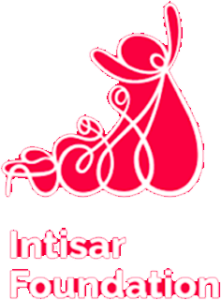
Officially registered as a humanitarian organisation with the Charity Commission for England and Wales in 2019, Intisar Foundation is the first charitable organisation in the Middle East dedicated to providing psychological support programmes of drama therapy to Arab women affected by the brutality of war and violence.
Intisar Foundation
McCarthy Denning, Suite 102,
70 Mark Lane, London, EC3R 7NQ
UK Registration Charity Number: 1182384
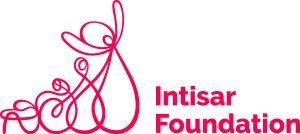
For more than a month, we are witnessing how international humanitarian law fails to protect Palestinian mothers and children.
Day after day, we have been lamenting and denouncing new acts of violence that brought injustice and the bemoaning loss of innocent lives in Gaza.
And yet, Palestinians in Gaza still face new perils with every next hour.
In writing this letter to the world as a demand for action to end this suffering, I join millions of others who have condemned the continued Israeli aggression and call for an immediate ceasefire.
We at Intisar Foundation also invite you to join us in working on preventing this trauma to linger and gnaw through another generation of Palestinians, and Arabs in general.
The mission of Intisar Foundation is to bring Peace to the Arab world through the psychological recovery of Arab women traumatised by war and violence, which can result in the women stopping the continued cycle of violence inflicted on or by them.
In this way, our work helps Arab homes traumatised by violence become more Peaceful again.
The ripple effect of this outcome can be that Peace flowcharts from one Arab home to another, from one Arab community to another, reaching and affecting our whole region.
In its very essence, therefore, Intisar Foundation’s work has always been about breaking the chains of trans-generational trauma.
While I salute people around the world confronting this injustice – from the world’s best universities, influencers, civil society activists and organisations, to ordinary people taking to streets and social media to raise their voices for Peace – I am now certain that we will not resolve the Palestinian crisis only with ceasefires, humanitarian aid, or rebuilding their homes and neighbourhoods.
We need to recover and protect the souls of current and future generations of Palestinians, and all Arabs, from this trauma.
To that end, Intisar Foundation is committed to turning this terrible man-made tragedy into a healing woman-led victory for Palestine, for humanity!
Intisar AlSabah
Leave a Reply